Gait and locomotion studies
Gait and locomotion studies in animals uncover links between movement patterns and various neurological or motor disorders. These studies provide invaluable insights for the therapeutic development of treatments and cures for these disorders.

Understanding phase dispersion in CatWalk XT
CatWalk XT 10.7 introduced circular graphs for phase dispersion and coupling. In this blog post we go over these parameters, and how they are calculated.
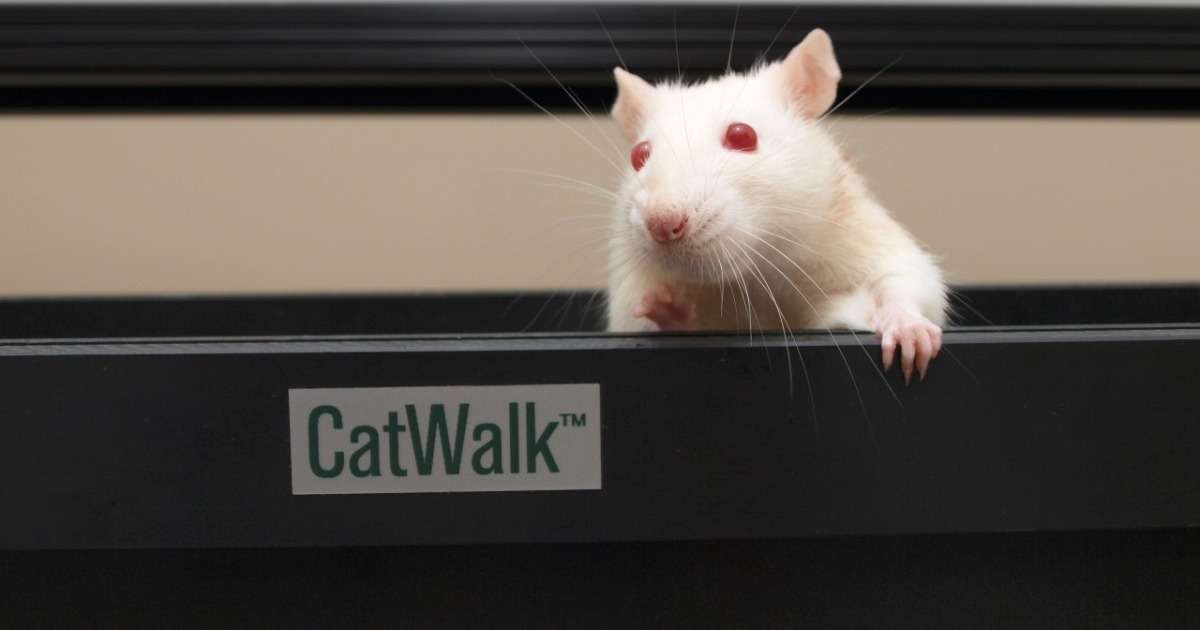
CatWalk XT gait analysis vs treadmills
In this blog post, we will discuss how the CatWalk XT method and treadmill method for gait analysis differ from each other, and what you should consider about both methods when performing gait analysis.
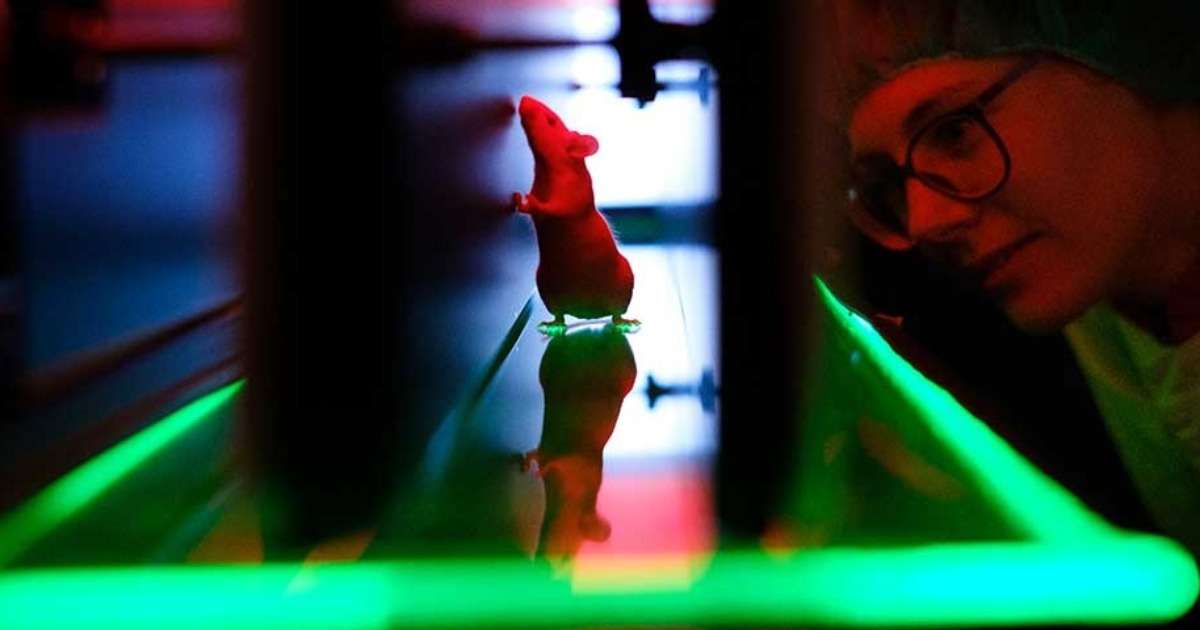
Automatic gait analysis: Cracking the code
CatWalk XT provides the opportunity to study a variety of gait parameters. But, which parameters should you use for your mouse model? Read this blog to learn more!
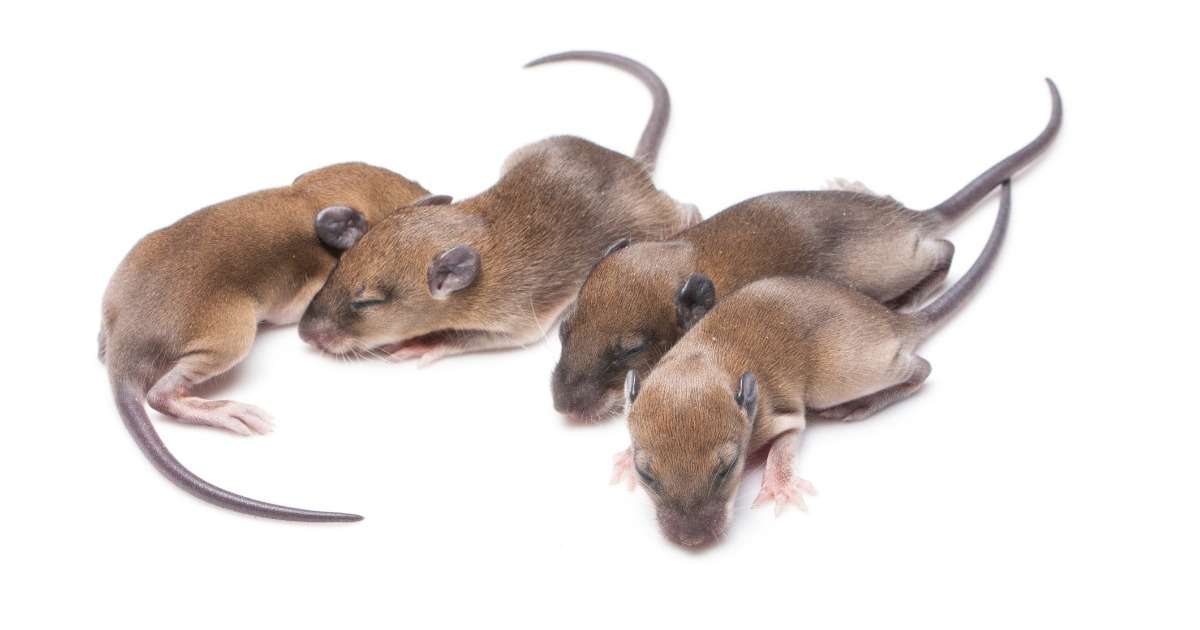
In utero alcohol exposure, the effects on brain and behavior
About 10% of women worldwide drink during their pregnancy. This could cause the fetus to suffer from fetal alcohol syndrome, which can lead altered tissue structures in the brain to motor deficits.
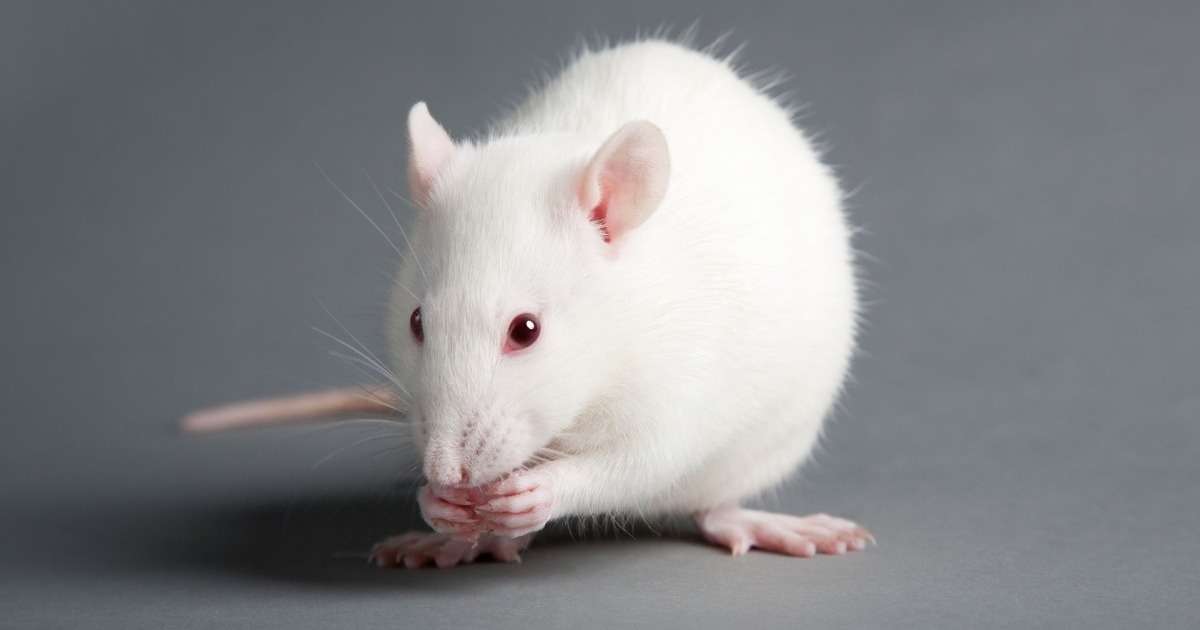
Extracellular vesicles from umbilical cords improve traumatic spinal cord injury
Spinal cord injury is crippling and hard to treat. Secondary injury caused by inflammation and scarring significantly impact motor function and locomotion. Extracellular vesicles can improve recovery.
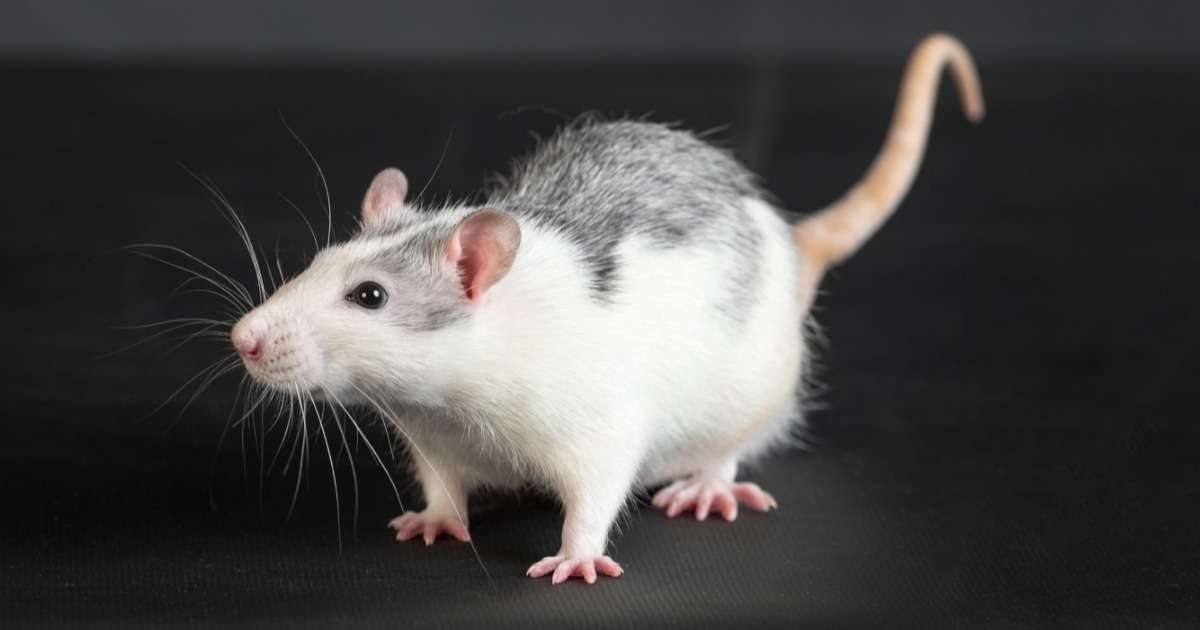
Suture anchors for rotator cuff injuries: a new animal model
Almost half of the people over the age of 60 have a rotator cuff tear in the shoulder. Research is aimed at improving surgical techniques, but techniques used in animal models differ from those applied on humans.
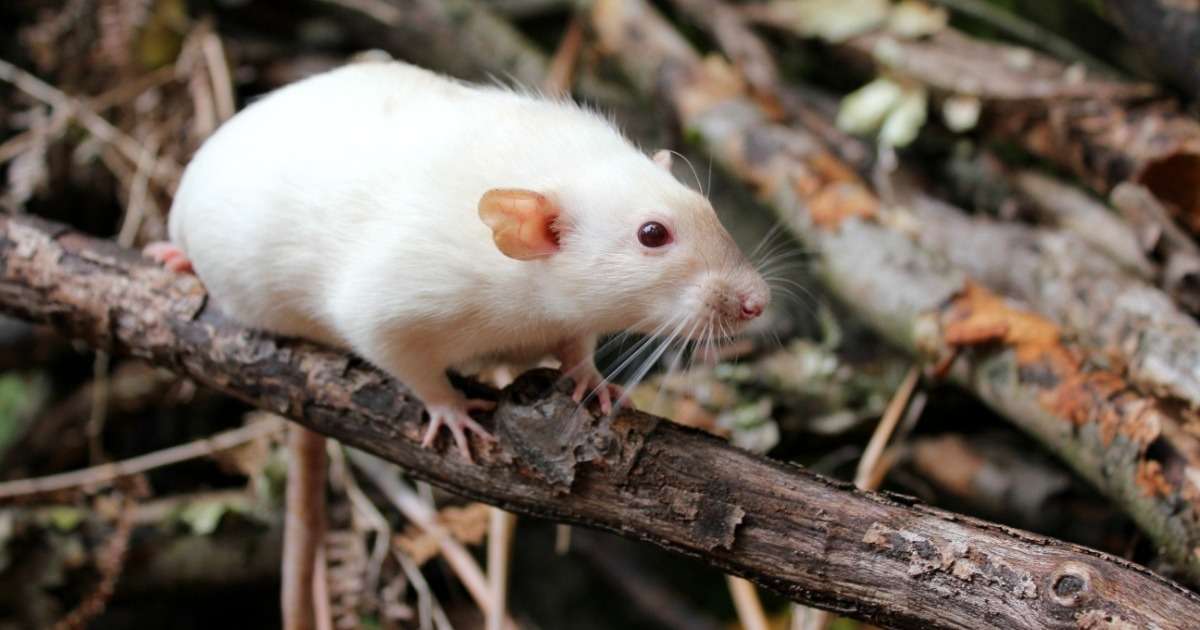
True or false? 10 statements about gait research in rodents
There are many ‘facts’ going around about rodent gait research tests and systems. How well they work, drawbacks, what they can and cannot measure. In this article, we get some of the facts straight.
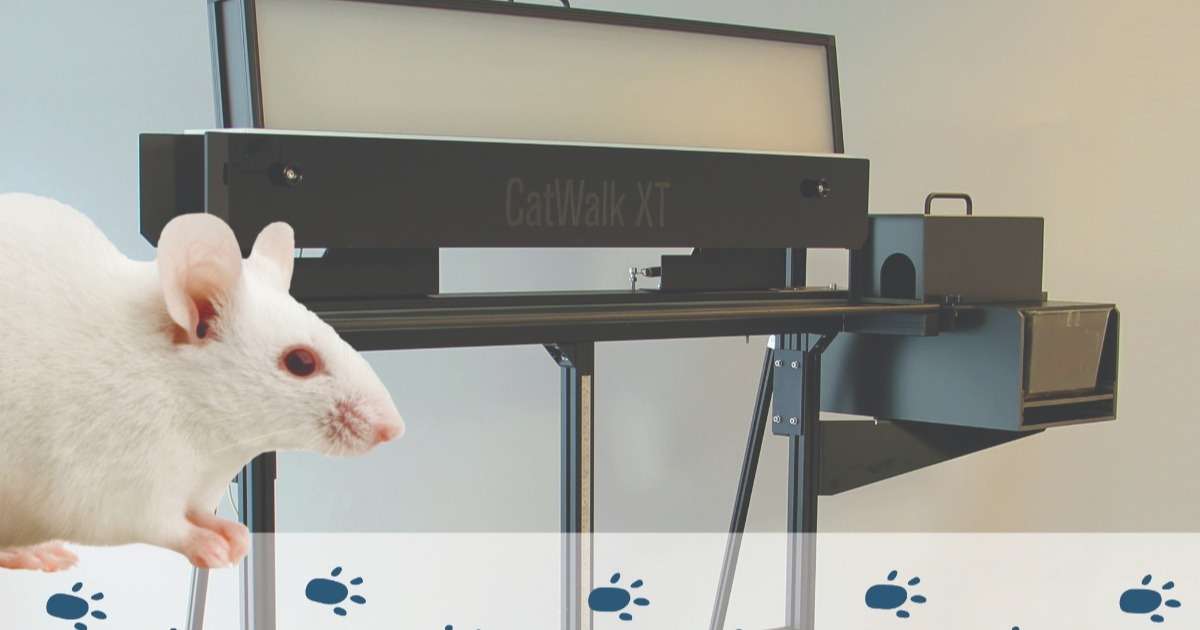
3 ways to use rodent gait analysis in CatWalk XT
CatWalk XT has been used for gait analysis in multiple studies and has helped experimental procedures for a number of neurological disorders and in lesion models. These 3 blogs tell you more about that!
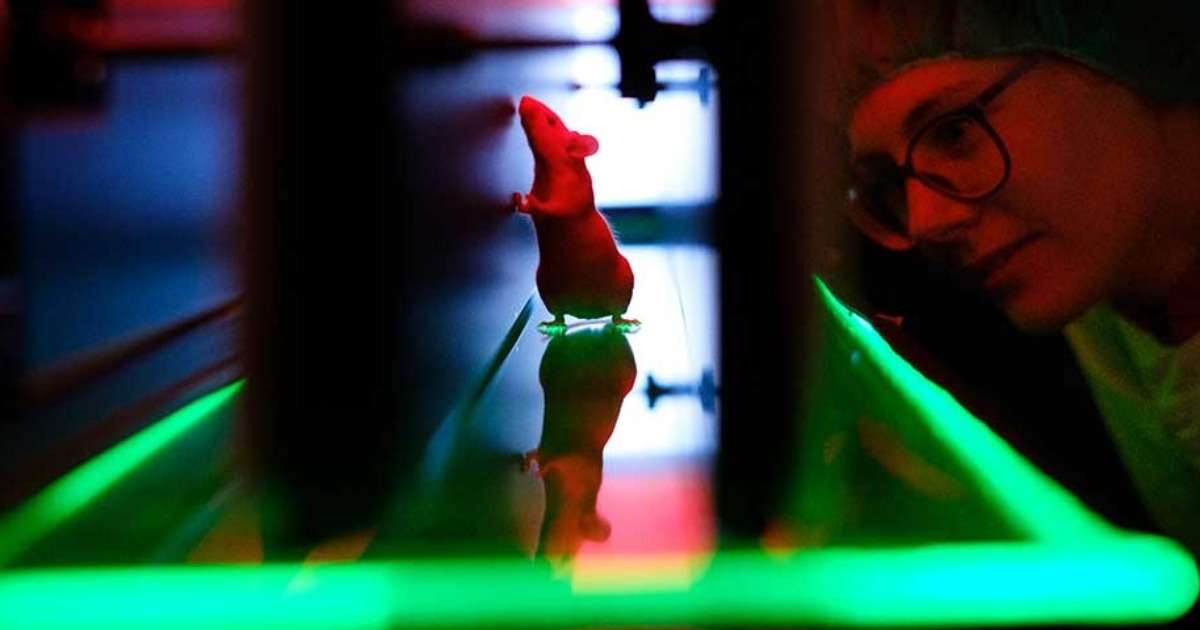
Quantifying locomotion in rats using CatWalk XT
Gait analysis is a powerful tool in evaluating behavioral and physiological changes in clinical and pre-clinical rodent models.
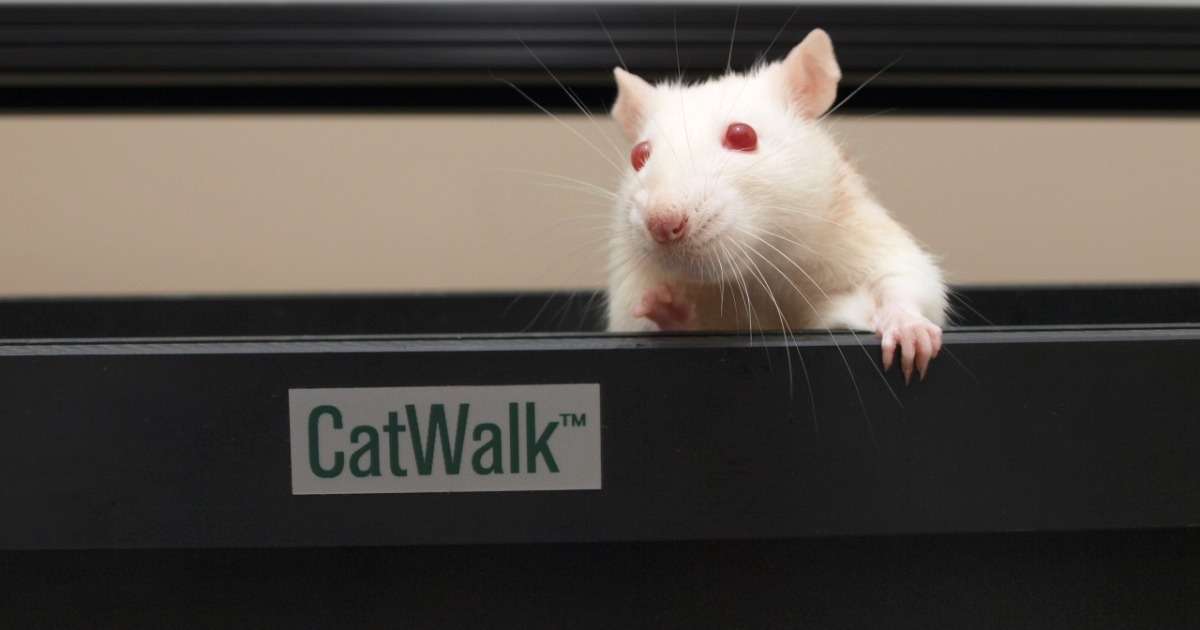
Using CatWalk XT to analyze variations in gait performance in adolescent mice
Rodents are the most common model organisms in biomedical research. Automated gait analysis provides a precise and objective means of analyzing behavioral and physiological changes in rodent models.
